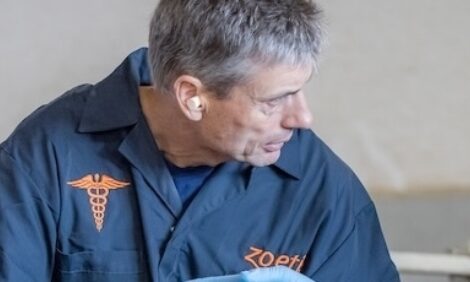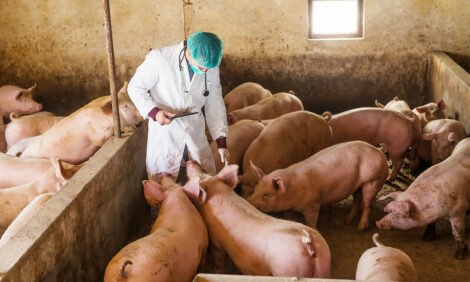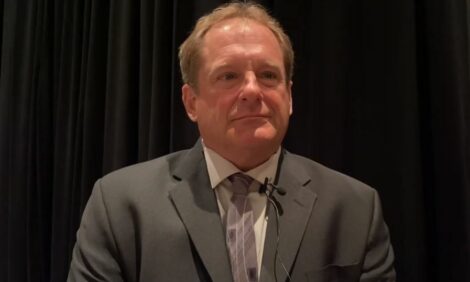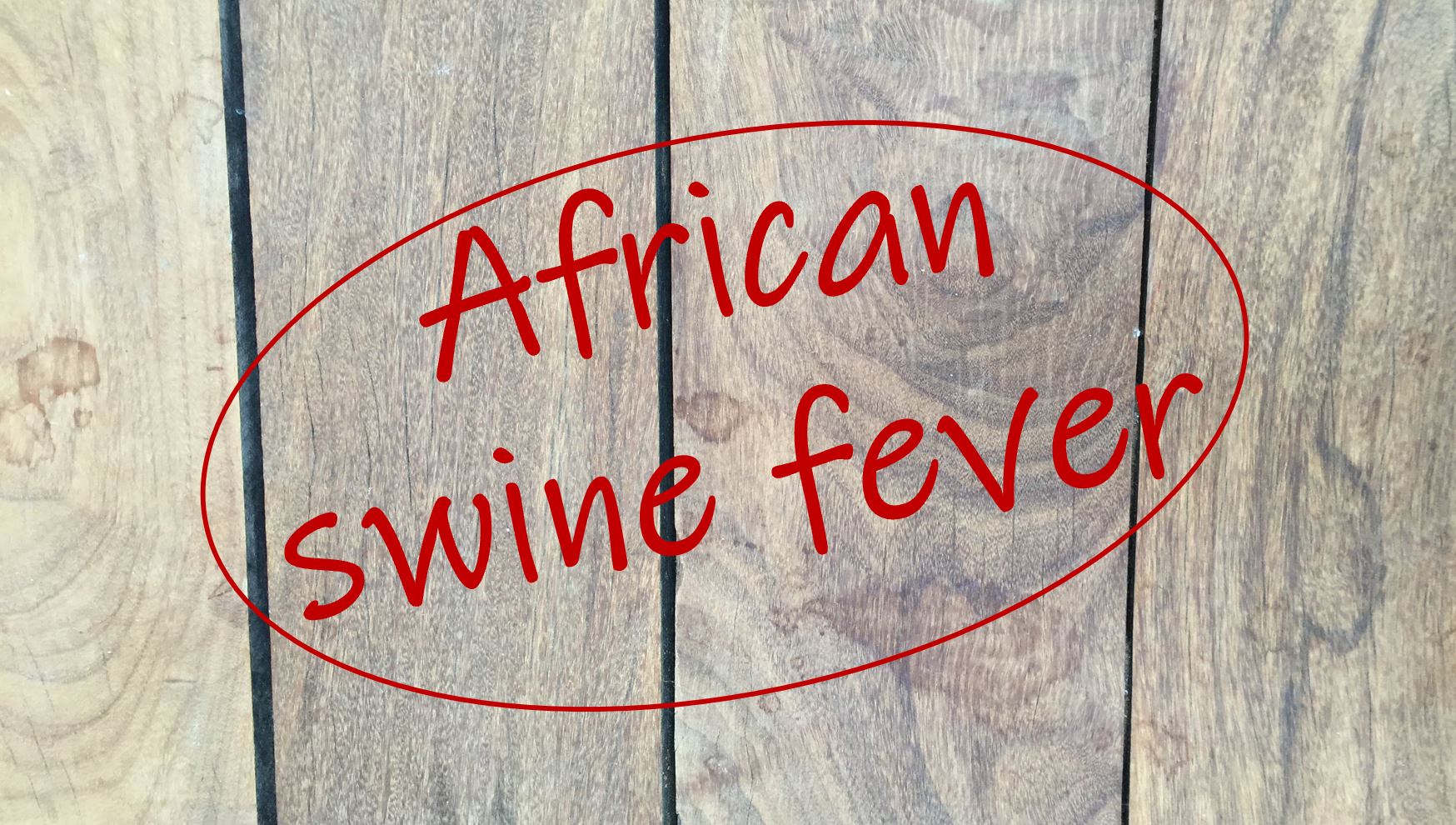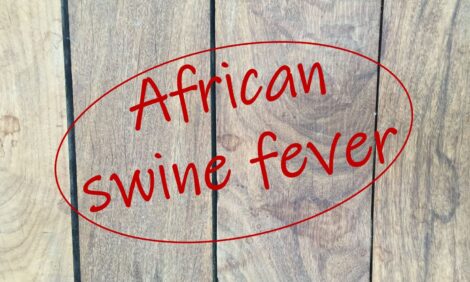



Leman Swine Conf: preparing for a North American outbreak with ASF-free compartmentalization
Compartments enable ASF-free pigs from North America to move to other global trading partners should an outbreak occur in the North American zone.Part of Series:
< Previous Article in Series Next Article in Series >
The goal is to establish trading compartments to enable moving ASF-free pigs from North America to another global trading partner should an outbreak occur in the North American zone. These compartments are set up through segregation of pigs, biosecurity and surveillance.
“We are establishing a compartment in ‘peacetime,’” said Egan Brockhoff, veterinary counselor with the Canadian Pork Council. “We are constantly validating that the compartment is free of ASF. So in the face of a new outbreak, worst case scenario, we’ve built a system that would allow us to trade even in ‘wartime.’”
The relevance of these compartments is especially important given recent outbreaks of ASF in the Dominican Republic, just 70 miles from US soil.
How are these compartments set up?
While zones are defined strictly by geography, compartments are defined by the biosecurity measures in place. This ensures that no diseases are introduced into the compartment:
- Weekly surveillance and diagnostics to ensure the compartment remains disease-free
- Traceability of all pigs within the compartment
- Segregation at slaughter plants
While ASF is the primary motivator for these compartments, they serve as protection from any disease. For instance, there are a few classical swine fever-free compartments globally.
The interconnectedness of North American countries
This compartmentalization project began as a project spearheaded by the Canadian pork industry. But since then, the Canadian Food Inspection Agency (CFIA) has been coordinating directly with USDA to develop ways to implement compartmentalization on a broader scale.
“Canada and the US are very integrated,” said Brockhoff. “If the US gets ASF first, it’s going to be devastating for Canada and vice versa. We are an interconnected pork sector, and we need to find ways to keep markets open. When borders close, farmers lose access to markets and their pork products lose their value, and the outcome is devastating. No one in the pork sector wants that.”






